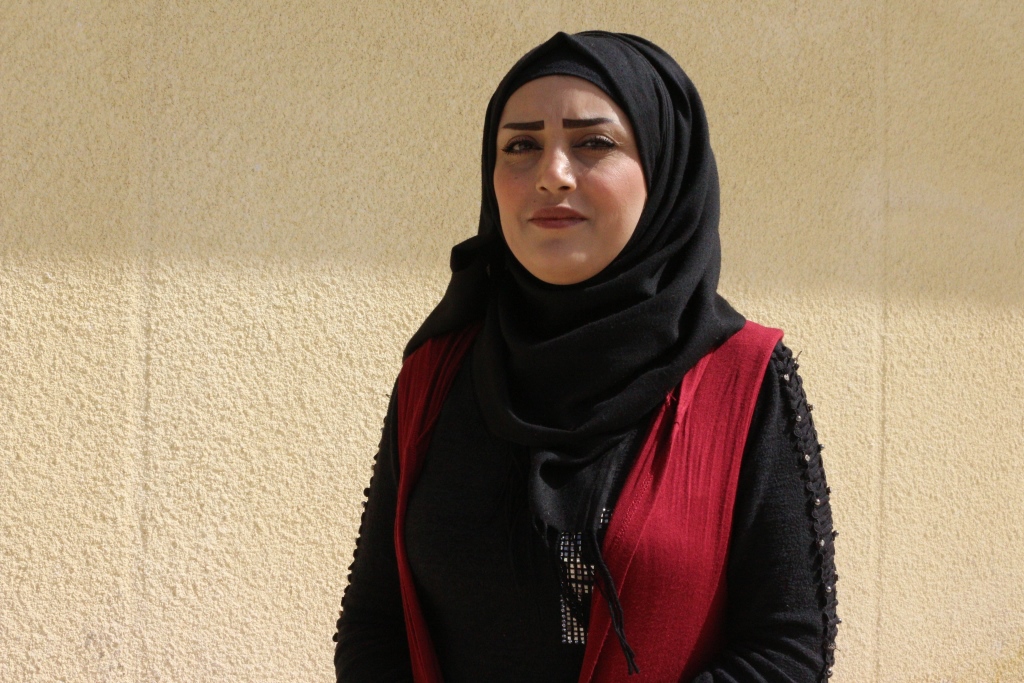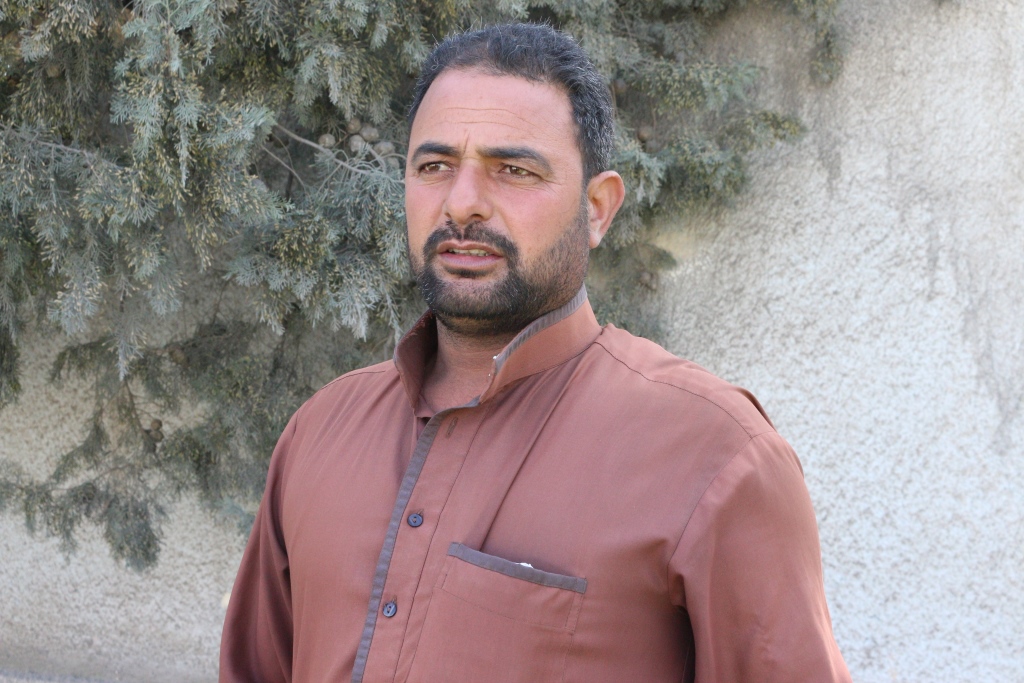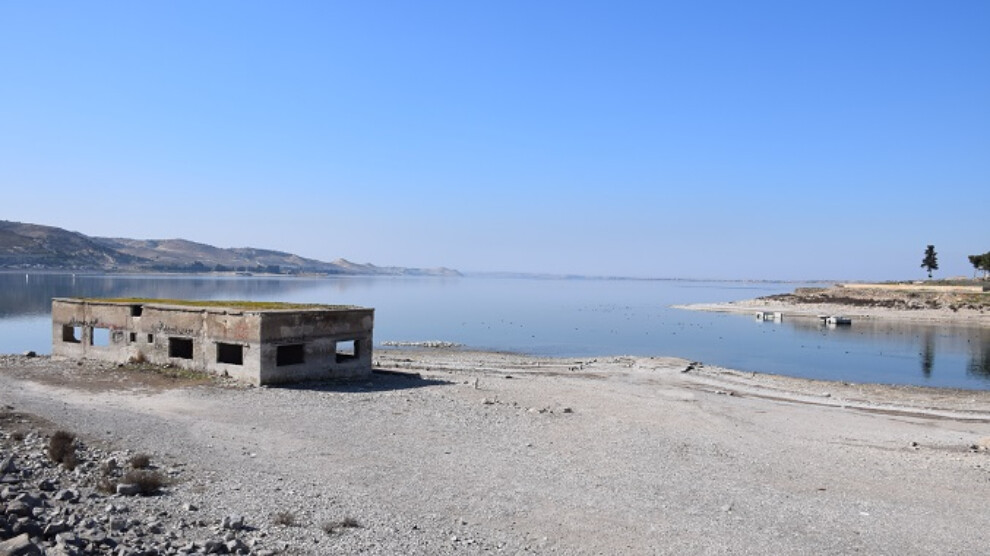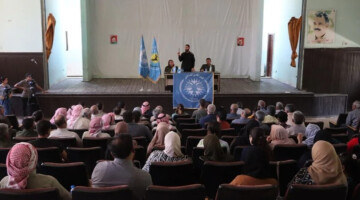The invading Turkish state, encouraged by international silence, is waging a water war, imposing an embargo on millions of people in North and East Syria.
Speaking to ANHA, a citizen named Zilîxa Îbrahîm from Manbij said that the invading Turkish state purposely pursues vicious policies against the peoples of North and East Syria by cutting off the water from the Euphrates River.
Îbrahim noted that the Turkish state is uttering threats and mounting constant attacks against the region and annexing Syrian lands to its territory. She said: “The most dangerous policy is to cut off the water of the Euphrates, because water cut leads to power blackouts and agriculture also needs water.”

Îbrahim pointed out that the invading Turkish state is trying to forcibly displace the citizens of the region, cause chaos and commit genocide against the peoples who seek freedom. She added: “Everyone is aware of the policies of the invading Turkish state. Our people are aware of all the attempts, plots and schemes of the fascist Turkish state. Our will cannot be broken. We will stand against all planned policies hostile to North and East Syria.”
Îbrahim called on humanitarian and legal organizations to fulfil their responsibilities to stop the invading Turkish state's violations against the people of North and East Syria.
Another citizen named Îsa El Elî, from the Sendeliyê village of Manbij, said that the continuation of water cut would bring about a major disaster to the region.
El Elî said: “The most dangerous problem was that some parts of the dam cracked due to the decrease in water. The dam management has resolved this problem.”

El Elî stated that they could hardly obtain drinking water due to the low water level of the Euphrates. He continued: “While the water depth in the wells used to be between 85 and 100 meters, it has now decreased to 120 meters. Now, we are in the spring. I wonder what will happen during the summer season. Cutting off the water of the Euphrates will spark a major disaster for the Syrian people.”
El Elî pointed out that the agriculture in the region was seriously affected by the water cuts. He remarked: “In particular, the production of wheat, a strategic product in the region, was damaged. It's not raining, and temperatures have risen, so wheat would need more watering.”
El Elî urged international humanitarian organizations to put pressure on the invading Turkish state to stop its water war against the people of North and East Syria.















